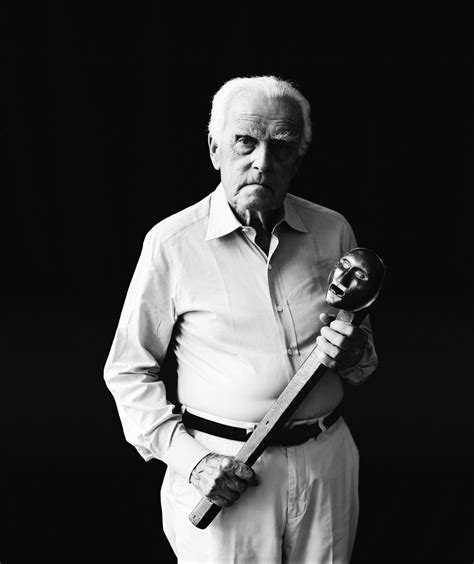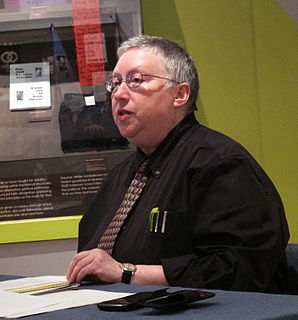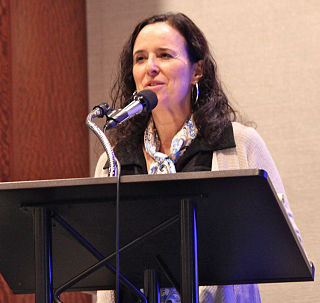A Quote by Talal Asad
Believers are often thought of as people who have some kind of private conviction or repudiation of something, whereas "the faithful" refers to a relationship, which was also incidentally the earlier sense of "faith" in premodern, preliberal Christianity. This is not to say, incidentally, that "faith" refers simply to external behavior as opposed to internal belief but that it refers to an act.
Related Quotes
When the term Christian or even Protestant is used, it seldom refers to any particularly evangelical doctrine or way of life. More often it refers to a religion accepted by the large majority, which assures them that God is not so much a Lord who demands obedience as a handyman who is available whenever we need help.
The term blowback, which officials of the Central Intelligent Agency first invented for their own internal use, . . . refers to the unintended consequences of policies that were kept secret from the American people. What the daily press reports as the malign act of terrorists or drug lords or rogue states or illegal arms merchants often turn out to be blowback from earlier American operations.
'The anthropocene' refers to the way we live now, in a highly globalized world, characterized by a large human population and powerful technologies that allow for "action at a distance" that aggregate apparently negligible acts into powerful forces that are transforming fundamental planetary systems. In this sense 'the anthropocene' refers to a period in which nature as an independent autonomous domain comes to an end or is under serious threat.
As believers in democracy we have not only the right but the duty to question existing mechanisms of, say, suffrage and to inquire whether some functional organization would not serve to formulate and manifest public opinion better than the existing methods. It is not irrelevant to the point that a score of passages could be cited in which Jefferson refers to the American Government as an experiment.
Belief is in a sense passive, an agreement or acceptance only; faith is active and positive, embracing such reliance and confidence as will lead to works. Faith in Christ comprises belief in Him, combined with trust in Him. One cannot have faith without belief; yet he may believe and still lack faith. Faith is vivified, vitalized, living belief.
It often seems easier not to move on; even the muck and mire in which we're stuck seems less fearful and less challenging than the unknown path ahead. Some people use faith as a reason to remain stuck. They often say, "I have faith, so I'm waiting." But faith is not complacent; faith is action. You don't have faith and wait. When you have faith, you move. Complacency actually shows lack of faith. When it's time to move in a new direction in order to progress, the right people will come to us.
It is generally admitted that the cultural values (humanization) and the existing institutions and policies of society are rarely,if ever, in harmony. This opinion has found expression in the distinction between culture and civilization, according to which "culture" refers to some higher dimension of human autonomy and fulfillment, while "civilization" designates the realm of necessity, of socially necessary work and behavior, where man is not really himself and in his own element but is subject to heteronomy, to external conditions and needs.
If such external influences are intrinsic to religion, then logic and scientific thought dictate that there must be a mechanism by which this influence is transmitted. A religious or spiritual belief that involves an invisible undetectable force that nonetheless influences human actions and behavior or that of the world itself produces a situation in which a believer has no choice but to have faith and abandon logic--or simply not care.


































